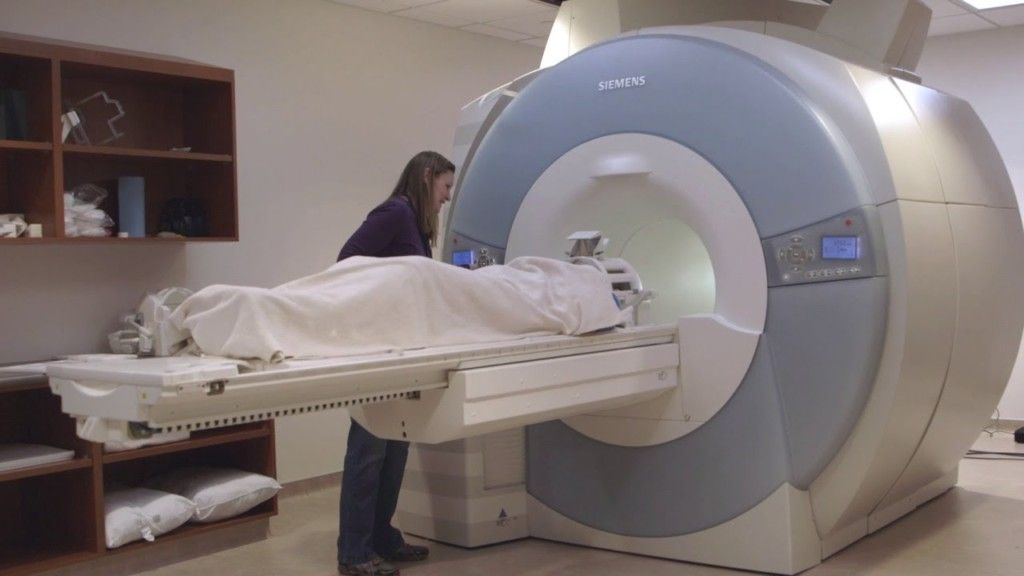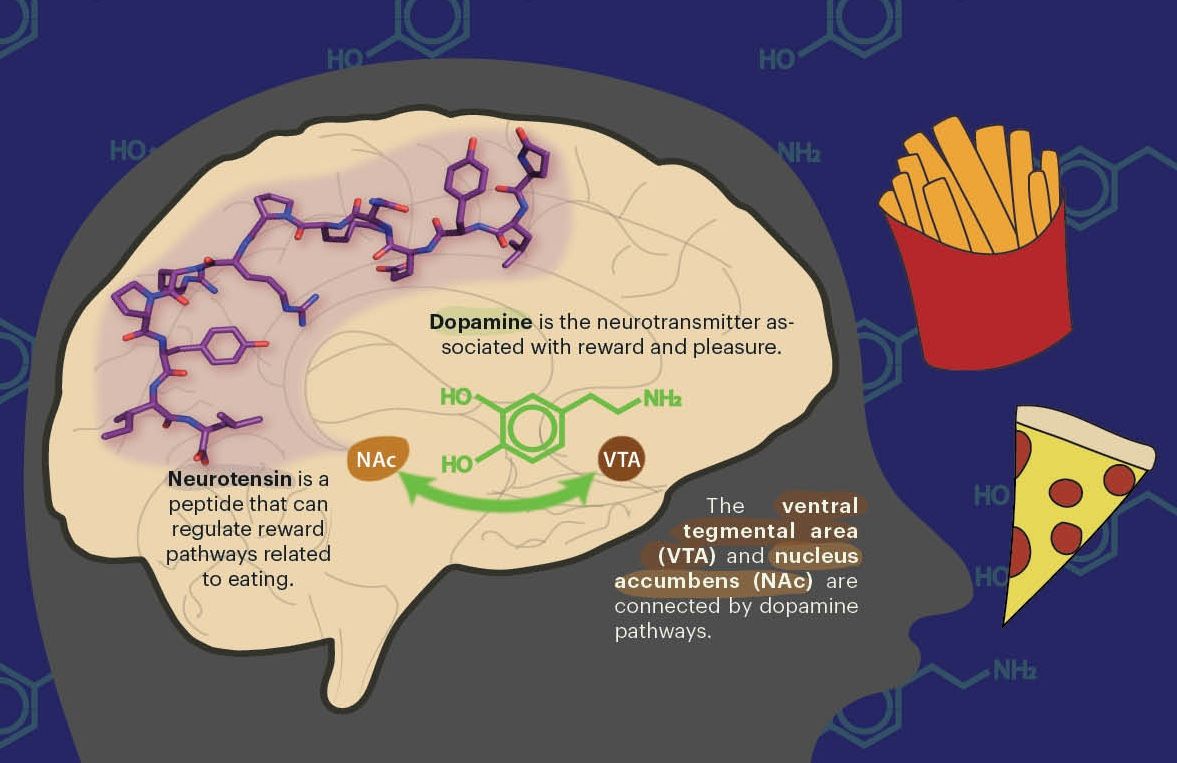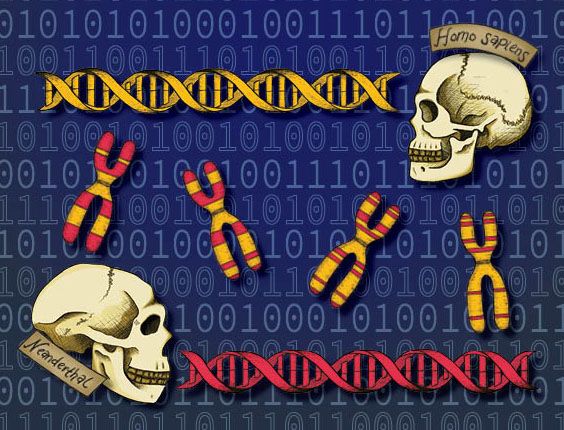
The brain does many things. It makes decisions, it remembers facts, it moves our muscles, it can do math, and it can communicate with other brains. Each of these abilities are active subjects of neuroscience research. But the brain does something else, which neuroscientists hardly talk about, and are often embarrassed to talk about: the brain produces consciousness.
Neuroscientists have coded ways of talking about consciousness. We’ll talk about “sensory processing” or “perceptual judgments.” The infamous “c word” is almost never said out loud, at least in a professional setting. Consciousness research, with some exceptions, is seen as something that belongs in the philosopher’s armchair rather than the laboratory.
This, I want to argue, is a deeply confused way to think about consciousness. Though it may be mysterious and complicated, consciousness is ultimately just a biological phenomenon - it’s something that brains do, andit’s something that we regularly manipulate with chemical anesthetics. Doesn’t it seem bizarre that consciousness, as a phenomenon that’s standardly turned on and off during medical procedures, is largely relegated to the philosopher rather than the biologist?
An excuse I’ve often heard for the dearth of neuroscience research into consciousness is that neuroscience simply isn’t ready to tackle consciousness, that consciousness is too complicated and too mysterious for us to get a proper scientific handle on it. But that seems self-defeating, and largely misses the point. Consciousness is complicated and mysterious because we haven’t studied it enough - further study will, without a doubt, help deflate its mysteriousness.
Perhaps neuroscientists have been too distracted by the philosophical puzzles of consciousness. And the puzzles are indeed mind-boggling: how is it that matter can generate experience? How can experience exist in a universe that seems otherwise mindless? These are good and valid questions, but the problem with framing consciousness this way is that the bar has been set too high for neuroscientists to address it, and unnecessarily so.
When philosophers talk about the mystery of consciousness, what they’re talking about is the “ontological” or “metaphysical” mysteriousness of consciousness: how is it that experience can arise out of the behavior of physical stuff? What I want to suggest is that neuroscientists don’t need to think about this metaphysical mystery when trying to understand consciousness. Compare the work of neuroscientists to the work of physicists: are physicists tasked with characterizing the ontology or metaphysical nature of gravity? Certainly not, and probably for good reason. What physicists do is study the behavior of gravity and model it mathematically. The same should be the task of neuroscientists trying to study consciousness.
Once neuroscientists get a solid mathematical and empirical grip on how consciousness emerges in the brain, then philosophers will perhaps be in a better position to ponder what our findings mean for the ontology of consciousness. But, as scientists, we must not conflate the philosopher’s musings with the daunting yet eminently tractable problem before us: to generate testable theories about what the brain is doing at a biochemical, computational, and functional level to produce consciousness, and to go out and test those theories. We may hit many dead ends in the process, but we will only learn more about the brain in the attempt.





